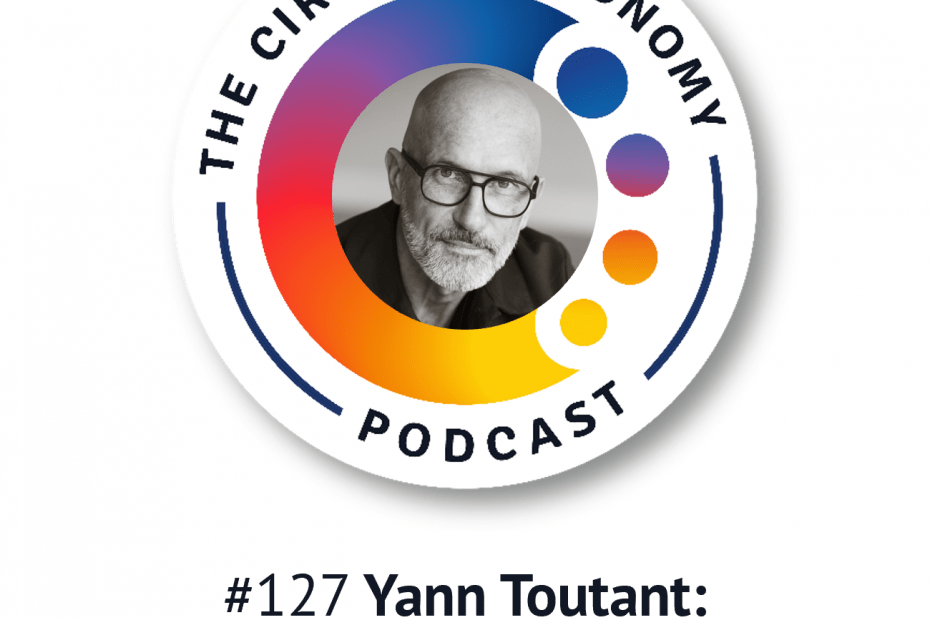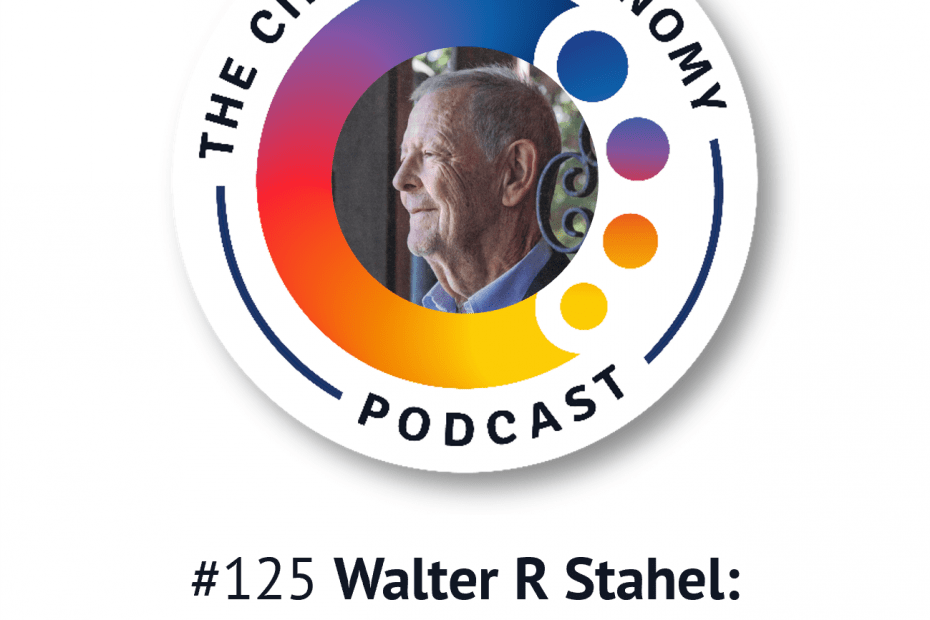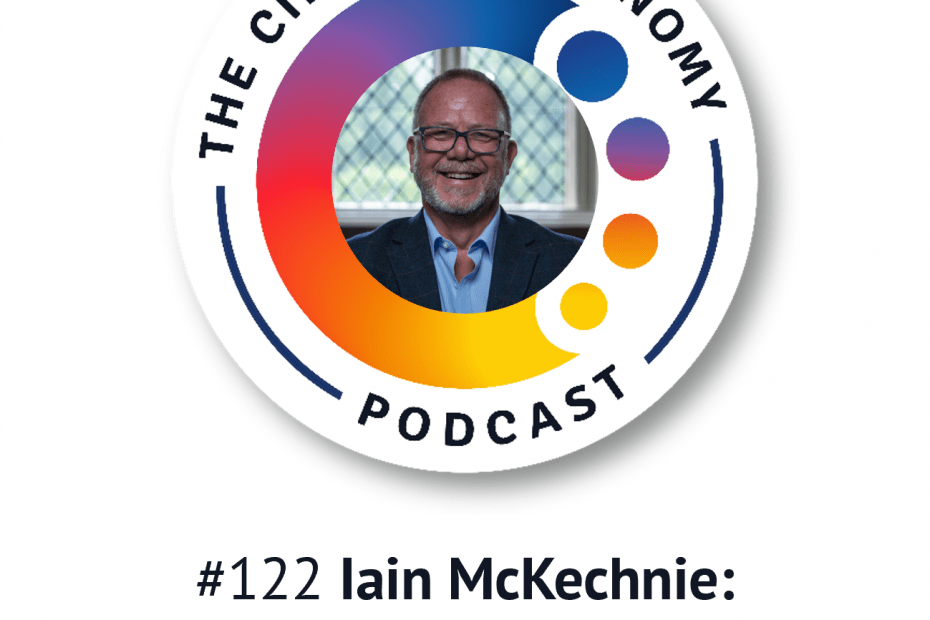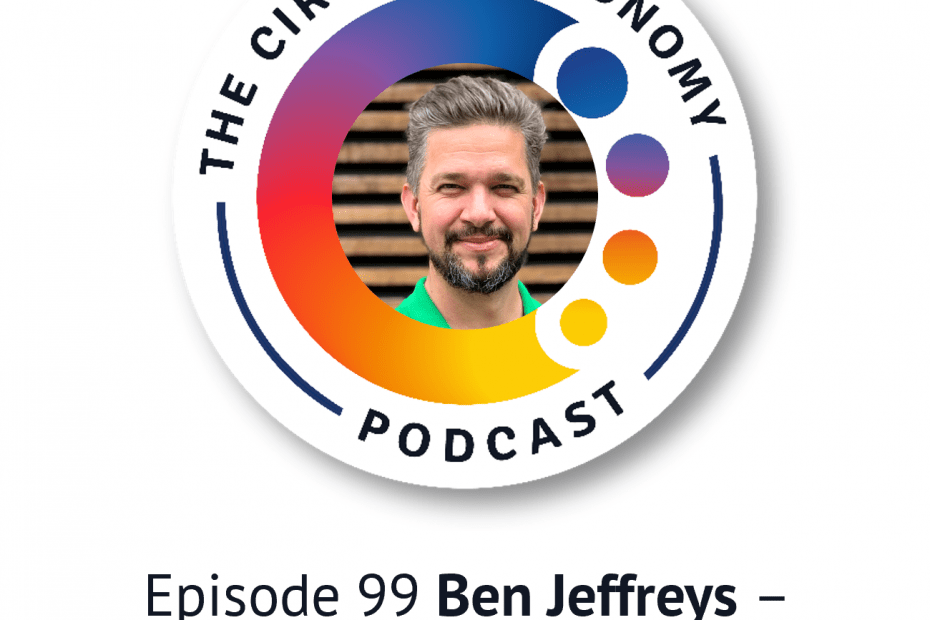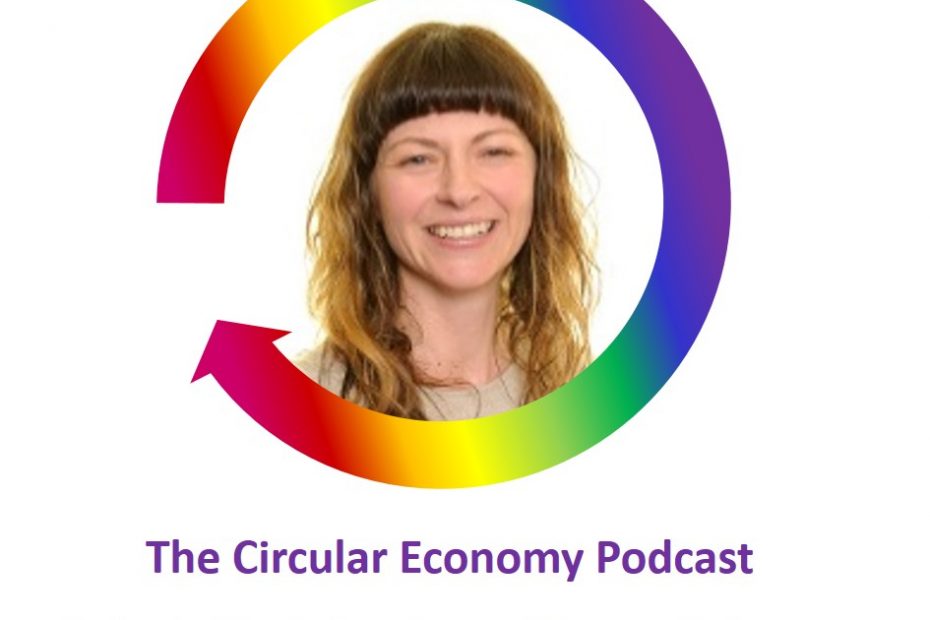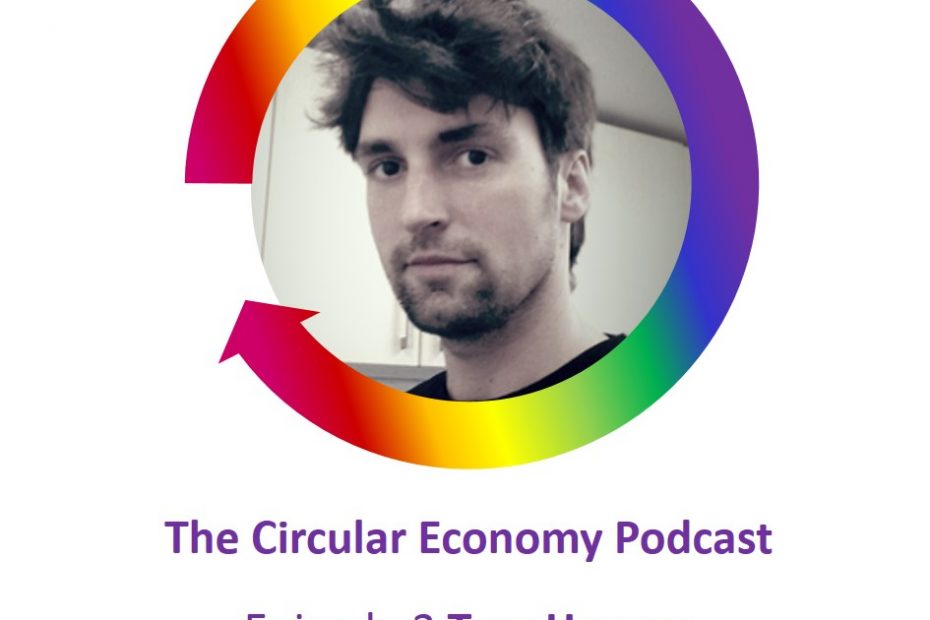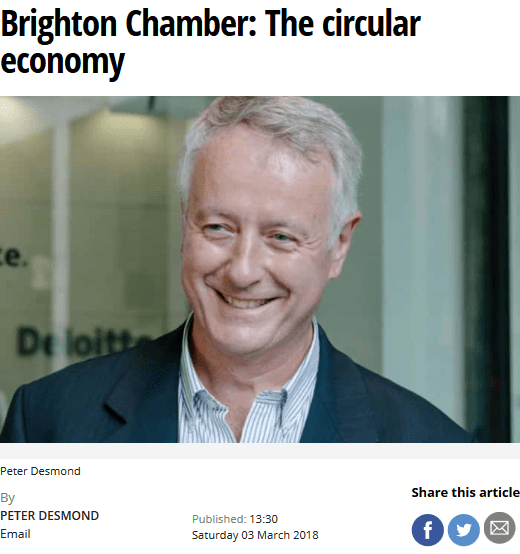127 Yann Toutant: getting started with As-a-Service
Yann Toutant is the founder of Black Winch, which helps businesses understand the opportunities, practicalities and benefits of shifting to ‘as a service’ models, and supports them in making it happen.
Yann has been implementing subscription-based models for hardware in the ICT industry for 25 years, including over a decade as CEO of Econocom’s Dutch operations.
Today with his own company, Black Winch, Yann Toutant helps CEOs and their teams to focus on the user experience by incorporating all components of an As-A-Service offer into a single in-house comprehensive, scalable subscription model. Yann sees offering a doorway to circular economy as one of the main drivers, making it possible to centralise ownership and to industrialise circularity at scale.
We discuss why ‘as a service’ is becoming more popular, for business customers as well as for people in general, and then Yann talks about some of the benefits for service-based businesses, and how Black Winch helps its clients take the first, easy steps to ignite that journey.
Yann explains how, for some products, ‘as a service’ is likely to exist alongside traditional ownership models, and what he sees as the motivators for that.
